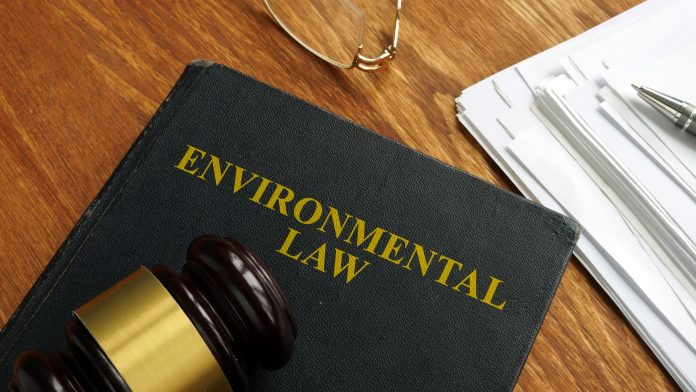The European Commission has proposed to strengthen the protection of the environment and combat environmental crime through criminal law.
The Commission has adopted a novel proposal for a new EU Directive to combat environmental crime, fulfilling a core commitment of the European Green Deal.
The effects of environmental crime on the natural environment in Europe, as well as the rest of the world, expresses itself in ever-increasing levels of pollution, a degradation of wildlife, a decline in biodiversity and the disruption of ecological balance.
Environmental crime is incredibly profitable and can generate as much money as illegal drug trafficking. However, at this time, the sanctions are much lower, and it is less often prosecuted. As a result, it highly attractive for organised crime groups.
The proposal contributes to the Zero Pollution Action Plan, the Circular Economy Action Plan, and the Biodiversity Strategy for 2030 and promotes environmental rule of law.
Protecting the environment
The aim of the proposal is to make environmental protection more efficient by obliging Member States concerning criminal law measures. It lays out new environmental crimes, sets a minimum level for sanctions, and reinforces the efficiency of law enforcement cooperation.
On top of this, it compels the Member States to support people who report environmental offences and assist with the enforcement. This proposal will aid the protection of nature and natural resources, as well as public health and well-being.
Tackling the climate crisis
Executive Vice-President for the European Green Deal, Frans Timmermans, said: “The wilful destruction of our natural environment threatens our very survival as humanity. Letting law-breakers act with impunity undermines our collective efforts to protect nature and biodiversity, fight the climate crisis, reduce pollution, and eliminate waste. Serious abuses must be met with a serious response, and today’s proposal lays the groundwork for that.”
Vice-President for Values and Transparency, Vera Jourová, added: “The environment knows no borders and crimes against it display their negative effects across Member States. We must use all possible means to protect the environment at Union level. Criminal law is one of them, and this proposal will give law enforcement authorities and the judiciary the tools to act more effectively against environmental crimes across the Union.”
Fighting environmental crime
Commissioner for the Environment, Oceans and Fisheries Virginijus Sinkevičius, said: “Environmental crimes cause irreversible and long-term damage to people’s health and the environment. Yet, they are hard to investigate and bring before the Court, while sanctions tend to be weak. That is why we need to strengthen our environmental criminal law. At a time where the international community discusses the crime of ecocide, a high level of environmental protection is not only important for present but also future generations as we redouble our efforts to fight environmental degradation.”
Commissioner for Justice, Didier Reynders, concluded: “There is no time to lose. We must make sure that our rules on fighting environmental crime are targeted and ambitions enough to create a real change. With this new directive, we have another strong tool to protect the environment and ultimately our planet. The proposal today builds on lessons learned and experience gained over the past years and will directly address root-causes that have prevented the protection of the environment from being as effective as it should be.”









